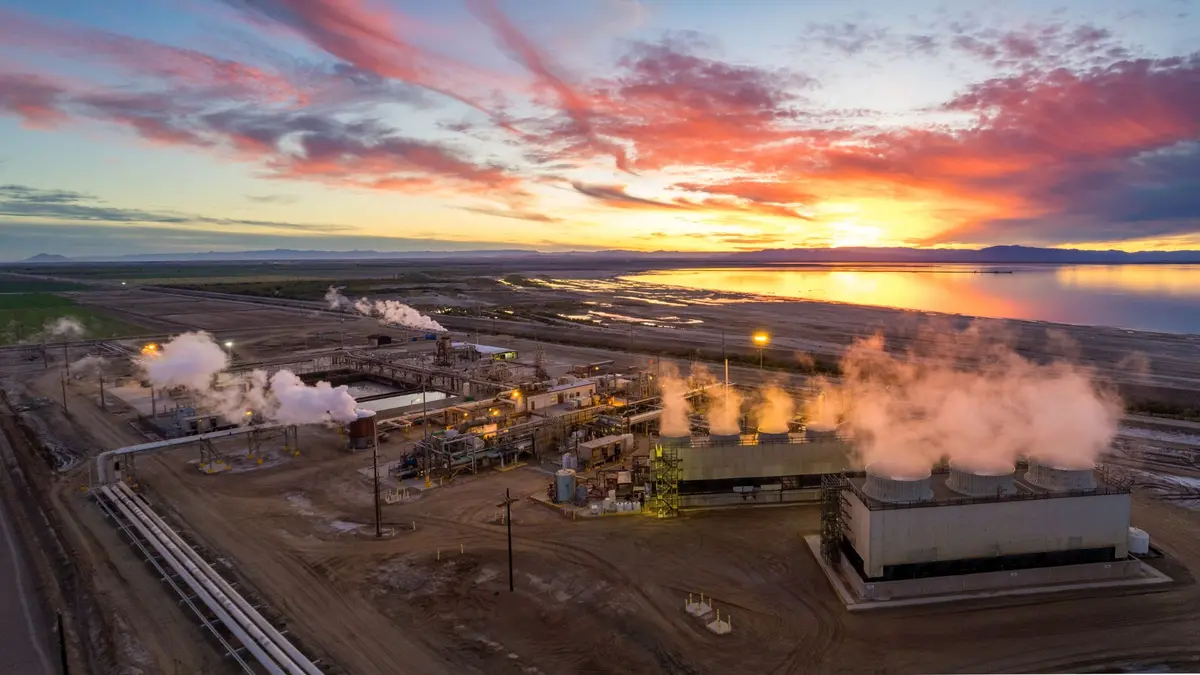Meta has announced that it is partnering with Sage Geosystems on a first-of-its-kind project to expand the use of geothermal energy in the US.
In a recent press release, the company said that Sage’s proprietary Geopressured Geothermal System (GGS) will provide carbon-free power for Meta’s data centers.
The announcement was made at the U.S. Department of Energy’s geothermal workshop on August 26.
Reliable, affordable, carbon-free power
Meta said the new partnership with Sage Geosystems will significantly expand the use of geothermal power in the US.
“At Meta, we understand the need for reliable, affordable and carbon-free power, and we’re committed to pioneering clean energy initiatives to support our work,” Meta said.
“We’re excited to partner with Sage on a first-of-its-kind project exploring the use of new, advanced geothermal energy in parts of the country where it has not been possible before.”
“And we appreciate the Department of Energy’s leadership in recognizing the opportunity geothermal technology offers going forward,” Meta added.
GGS
Geothermal energy is a viable renewable energy source across the US, and Sage will utilize its proprietary GGS to provide carbon-free power to Meta’s data centers.
Advanced geothermal energy is mainly used in Nevada, Utah, and California.
Sage’s technology marks a significant advancement for the clean energy sector. It showcases the ability to harness geothermal energy virtually anywhere and promises a new era of reliable, sustainable baseload power and enhanced grid stability.
Hot, dry rock is a vastly abundant resource compared to traditional hydrothermal formations, making Sage’s GGS technology a highly scalable approach with the potential for rapid expansion across the US and globally.
150 MW of geothermal power
The first phase of this project will be online and operating in 2027.
As part of this partnership with Sage, Meta plans to deliver up to 150 MW of new geothermal baseload power to support our data center growth.
This builds on our work towards a zero-carbon economy with solutions that create a healthier planet.
Meta has contracted more than 12,000 MW in renewable energy projects, making us one of the largest corporate buyers of renewable energy globally.
World’s first commercial GGS facility
Sage Geosystems recently announced the first close of $17 million in Series A funding, led by Chesapeake Energy Corporation, joined by technology investor Arch Meredith and Helium-3 Ventures, and with continued support from existing investors Virya, LLC, Nabors Industries Ltd., and Ignis Energy Inc.
The proceeds will fully fund the construction of the first 3MW commercial GGS facility in Texas.
The 3MW commercial facility, EarthStore, will use Sage Geosystems’ innovative technology to harvest energy from underground pressurized water.
The facility can store energy for short and long-duration periods. It can be paired with intermittent renewable energy sources, including wind and solar, to provide the electric grid baseload, dispatchable power, and inertia.
“The first close of our Series A funding and our commercial facility are significant milestones in our mission to make GGS technologies a reality,” said Cindy Taff, CEO of Sage Geosystems.
“The success of our GGS technologies is not only critical to Sage Geosystems becoming post-revenue, but it is an essential step in accelerating the development of this proprietary geothermal baseload approach. This progress would not be possible without the ongoing support from our existing investors, and we look forward to continuing this work with our new investors.”
NEWSLETTER
The Blueprint Daily
Stay up-to-date on engineering, tech, space, and science news with The Blueprint.
By clicking sign up, you confirm that you accept this site's Terms of Use and Privacy Policy
ABOUT THE EDITOR
Kapil Kajal Kapil Kajal is an award-winning journalist with a diverse portfolio spanning defense, politics, technology, crime, environment, human rights, and foreign policy. His work has been featured in publications such as Janes, National Geographic, Al Jazeera, Rest of World, Mongabay, and Nikkei. Kapil holds a dual bachelor's degree in Electrical, Electronics, and Communication Engineering and a master’s diploma in journalism from the Institute of Journalism and New Media in Bangalore.






0